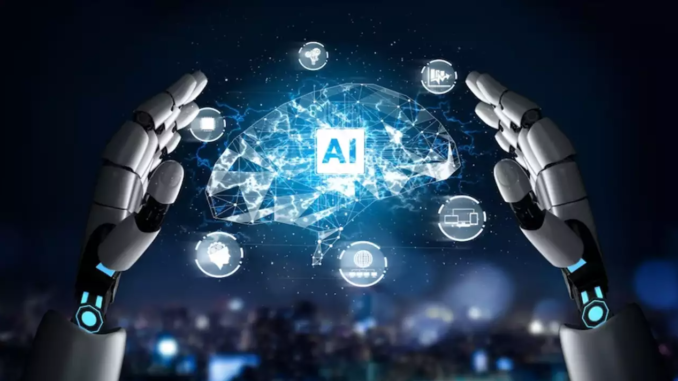
How Artificial Intelligence is Changing Everyday Life
Artificial Intelligence (AI) is no longer just a futuristic concept found in science fiction movies. It’s now deeply integrated into our daily lives, often in ways we don’t even notice. From the moment we wake up to the time we go to bed, AI is quietly working behind the scenes, making our routines more efficient, convenient, and personalized. As AI technology continues to evolve, it’s transforming how we live, work, and interact with the world around us.
Smart Assistants in Your Pocket and Home
One of the most familiar examples of AI is the virtual assistant on your phone or smart speaker—think Siri, Alexa, or Google Assistant. These AI-powered tools help with everything from setting reminders and answering questions to controlling smart home devices like lights, thermostats, and even coffee makers.
By analyzing voice commands and learning from your habits, these assistants become more accurate and useful over time. Whether it’s turning on your alarm, playing your favorite playlist, or adjusting the room temperature, AI is helping make daily life more seamless.
Personalized Recommendations
Ever wondered how Netflix seems to know exactly what show you’ll binge next, or how Spotify creates playlists that match your taste? That’s AI at work. Recommendation engines use machine learning algorithms to analyze your behavior, preferences, and usage patterns to offer suggestions tailored just for you.
The same applies to online shopping platforms like Amazon or eBay. Based on your browsing history, past purchases, and even what others like you have bought, AI predicts what you might want next, often improving your shopping experience.
Smarter Healthcare at Your Fingertips
AI is revolutionizing healthcare, making it more personalized, efficient, and accessible. Wearable devices like fitness trackers and smartwatches monitor your heart rate, sleep, and physical activity in real time. Many of these gadgets use AI to provide health insights, alert you to irregularities, and encourage healthier habits.
Beyond consumer gadgets, AI is also helping doctors and healthcare professionals. From diagnosing diseases with image recognition tools to predicting patient risks through data analysis, AI is playing a critical role in improving treatment outcomes and speeding up medical processes.
Safer and Smarter Driving
The automotive industry is also experiencing a major shift thanks to AI. Advanced driver-assistance systems (ADAS), such as lane departure warnings, adaptive cruise control, and automatic emergency braking, are now standard in many new vehicles. These systems use AI to analyze data from sensors and cameras to assist drivers and prevent accidents.
Self-driving cars, while still in development, are another fascinating application. Companies like Tesla, Waymo, and others are testing AI-powered vehicles that can navigate complex road conditions, respond to traffic patterns, and make split-second decisions—just like a human driver, but potentially safer.
AI in Communication and Customer Service
Chatbots and virtual agents powered by AI are changing the way businesses interact with customers. These bots can answer questions, guide users through services, and even resolve basic issues—24/7. You’ve probably interacted with one when visiting a website or calling customer support.
AI also helps with language translation and transcription. Tools like Google Translate use AI to instantly convert spoken or written words between languages, helping bridge communication gaps across the globe.
Behind the Scenes: Finance, Security, and More
AI is deeply embedded in sectors like finance, helping detect fraud, manage investments, and automate customer service. Banking apps can now alert you to suspicious activity, suggest budgeting tips, and even approve loans—all thanks to AI.
In cybersecurity, AI is being used to identify threats faster and respond to attacks in real time, making digital environments more secure for individuals and businesses alike.
Final Thoughts
Artificial Intelligence is no longer a distant concept—it’s here, and it’s reshaping nearly every aspect of our lives. From simplifying our daily tasks to improving healthcare and making our world more connected, AI is making life more efficient and personalized. As the technology continues to advance, the possibilities are endless.
The future of AI is exciting, but it also brings important questions about privacy, ethics, and the role of humans in an AI-powered world. One thing is certain: AI isn’t just changing everyday life—it’s becoming a fundamental part of it.
